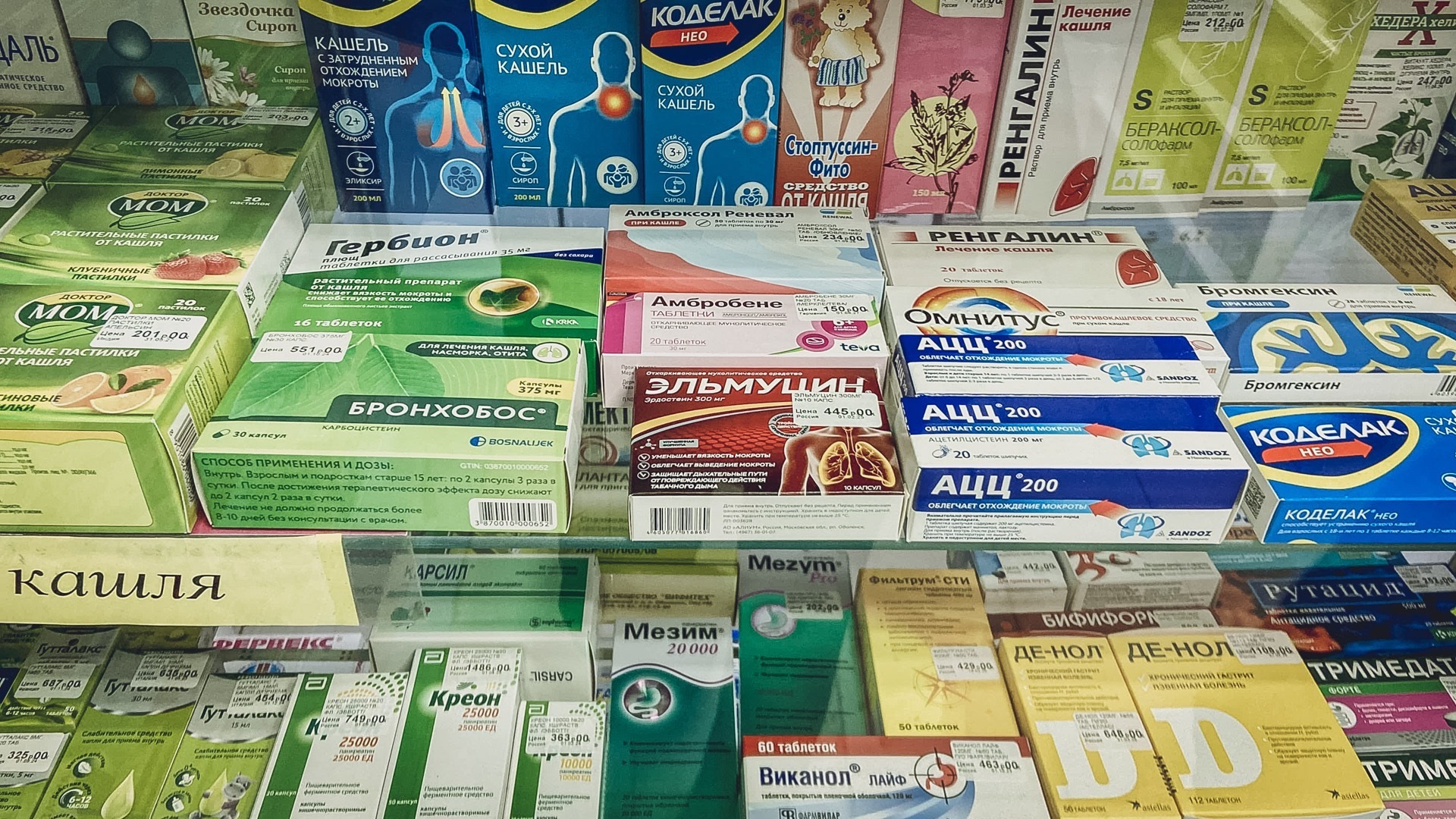Posted 15 августа 2023, 07:28
Published 15 августа 2023, 07:28
Modified 15 августа 2023, 09:47
Updated 15 августа 2023, 09:47

No more prescribing: The Ministry of Health sent lists of disappeared medicines to hospitals
Ekaterina Maximova
At the very end of July, the Ministry of Health of the Russian Federation issued a document (No. 25-8/6908 dated July 27, 2023, available to Novye Izvestia), which stunned doctors all over the country. The dispatch was intended for federal medical institutions under the authority of the department.
«The Department of the Ministry of Health of the Russian Federation sends for use in the work information on the cessation of production and import of medicines included in the list of vital and essential medicines,» the document says. Doctors are told to take this information into account when prescribing medications.
There are 196 positions in the document. Dozens of names are unlikely to say anything to ordinary people, but there are also drugs on the frightening list that Russians are used to prescribing themselves in certain life situations: «Lazolvan», «Cerucal», «Amoxiclav» (powder for suspension preparation), «Ketonal», ACC, etc.
But doctors in subordinate medical institutions studied 196 positions from the nomenclature application with much more excitement. The list included imported drugs (dozens of manufacturers — from Israeli Teva to European Gideon Richter, Sandoz, Novartis, etc.), about the withdrawal of which from Russia has not been previously informed.
The same ADC from the pharmaceutical company Sandoz, which occupied more than 70% of the acetylcysteine market in Russia. Doctors have long been strained by the threat and disappearance of antipyretic «Perfalgan» (intravenous solution), «Vivitrol» (used in narcology), the antibiotic «Tienam» and other drugs. The list of disappearing medicines unexpectedly included Pulmozim, Levodopa (for Parkinson's disease), anti-inflammatory drugs (all forms of Panadol and children's Panadol), etc.
A few days later, the Ministry of Health withdrew its letter without explanation. This information was confirmed to Novye Izvestia by the chief physician of a large federal medical institution, who asked not to specify his surname and place of work.
«We are strictly forbidden to communicate directly with journalists. And even more so, to report problems to the media. The list from July 27? I saw it, of course. It has already been withdrawn. At any moment, something similar will be sent again. The document made a lot of noise. Almost everything has analogues there, but, for example, we cannot replace Perfalgan. The ministerial paper is walking back and forth — this is one question. The problem is something else: some foreign drugs are really disappearing. Meanwhile, all over the world — in Europe, in America, new generations of drugs are regularly released — antibiotics, monoclonal antibodies used for a wide range of treatment (from bacterial infections to oncology). And we… we are looking for what is from the old, we choose from what is still left of the „second-rate“. And we are also Moscow, that is, prosperous,» commented the chief doctor of one of Moscow's hospitals.
Sergey Shulyak, CEO of the DSM Group marketing agency, member of the RAFM Coordinating Council, commented on the list of the Ministry of Health sent to hospitals on July 27:
«There are analogues for many of the drugs listed in this list. More precisely, most of them. Yes, there are medicines loved by the population, for example, the same ACC. Which, of course, Russians will perceive at the level of „oh, how so.“ But recently, another cough medicine has been more popular. Or the same „disappeared“ Diclofenac — we have 200 positions on the market. The list is really large (from oncology to colds), but there are a lot of generics in this document, so there is no catastrophe when reading the list cursorily. Previously, such documents were not put on display, but annually there was a rotation of drugs. One item from the list, for example, stopped producing our „Biocad“ because a more modern drug appeared. If one of the narrow specialists sees the problem, it is possible, but in general, this list, which includes 196 positions, does not bear anything serious.»
Therapist Alexey Kozhevnikov, on the contrary, called the situation difficult, and the trend frightening.
«Every assignment is now a quest. Doctors are forced to go to the sites of large aggregators and find out if the right drug is available, whether it is still possible to buy it in Russia, whether it is still present in our market at all. For example, one of the most famous drugs (a group of antibiotics) used to treat ENT pathologies and diseases of the upper respiratory tract has disappeared. The suspension simply disappeared and doctors were forced to look for a replacement from other groups of antibiotics. And this is all compounded by gossip about the possible introduction of the total use of prescription forms for the discharge of almost any drug. This trend with prescriptions, I have no doubt, will lead to a collapse in all areas of medical activity. People will just come for prescriptions, burdening doctors, taking up their time and distracting them from true patients,» says Dr. Kozhevnikov.
Novye Izvestia reported that from September 1, medicines will no longer be available to the majority. According to the new decree, the release of prescription drugs, of which 70% are on the pharmaceutical market today, will be made in a new form, on a letterhead with a number and seal.
Earlier, a number of foreign pharmaceutical companies made statements about changes in their work in Russia because of its. For example, the American pharmaceutical company Eli Lilly announced that it would transfer the Russian business to its partner, the Swiss Swixx Biopharma. Eli Lilly supplied cancer drugs, antidiabetic drugs, insulins and other treatment products to the Russian market.